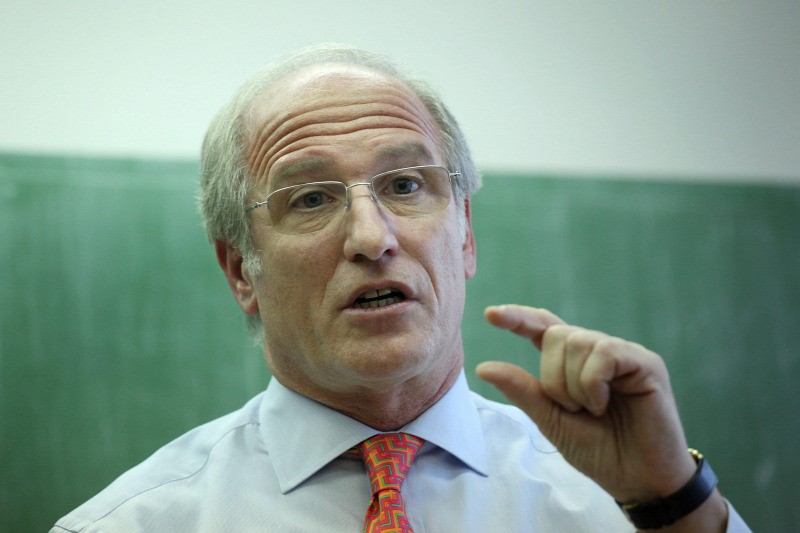It is enough if the apartment is heated to 19 degrees and you don't even have to press the pedal all the way on the highway, 110 kilometers per hour is just a good enough pace - the opinion of former Central Bank Governor György Surányi can be summed up like this - read Origon.
The utility reduction and the gasoline price cap must be abolished - this is what former Central Bank Governor György Surányi talked about in a program the other day. Sándor Friderikusz, the left-wing economist, was asked about various economic issues, such as the exchange rate, inflation, and energy prices. In the conversation - in which most of Gyurcsány's leftist slips and political slogans were uttered without refutation - the parties also touched on utility reduction.
In this case, Surányi regretted, on the one hand, that the government did not lift the freeze on utility prices this spring. He believed that the war in Ukraine would have provided a good excuse for this, and world market prices could have been introduced at home by referring to the conflict.
By the way, according to Surányi, this could happen in two ways. Either in a way that a discounted tariff would exist up to a certain level of consumption, or in a way that all consumers would have to pay the full amount, and the state would later pay all subsidies to certain needy groups.
THE ESSENTIAL IS THAT HIGHER EARNERS COULD ONLY BUY ENERGY AT THE FULL MARKET PRICE, BUT ALREADY AVERAGE HOUSEHOLDS WOULD PAY MORE THAN NOW.
The former bank manager also explained what was wrong with the overhead reduction. Among other things, the fact that the Hungarian society is not sufficiently educated if the costs of heating are not in the sky.
"However, it doesn't matter whether someone heats their apartment to 23 degrees or 19 degrees," explained Surányi, and then, mentioning the fuel prices, he continued: "returning to gasoline, it doesn't matter whether you drive 130 kilometers per hour on the road or 110 kilometer per hour". According to him, people do not understand what savings can be achieved by reducing performance. However, they would understand - at least this is how Surányi's text can be interpreted - if they paid world market prices, and then they wouldn't screw up the heating irresponsibly, and they wouldn't press the pedal so much.
Surányi's views on the petrol price cap go beyond the previous ones. In his explanation, the former bank manager reached the most confusing point here. He explained that it would also be good if all Hungarian motorists paid the world market price at the wells, because then the oil companies would have a bigger profit, which could be taken back with the extra profit tax. And the state could provide support to certain social groups from the income thus obtained.
the entire article on the origo.hu website.
Photo: MTI/Balázs Mohai












